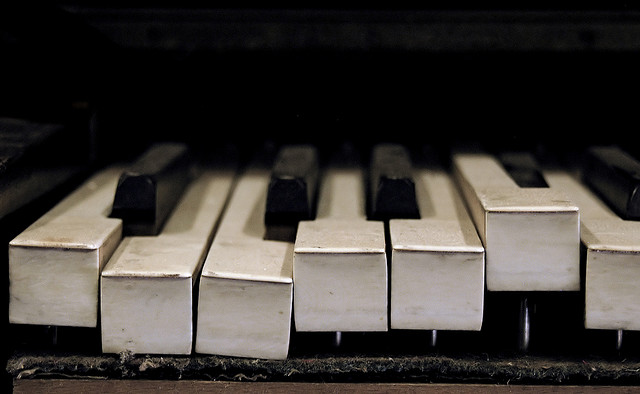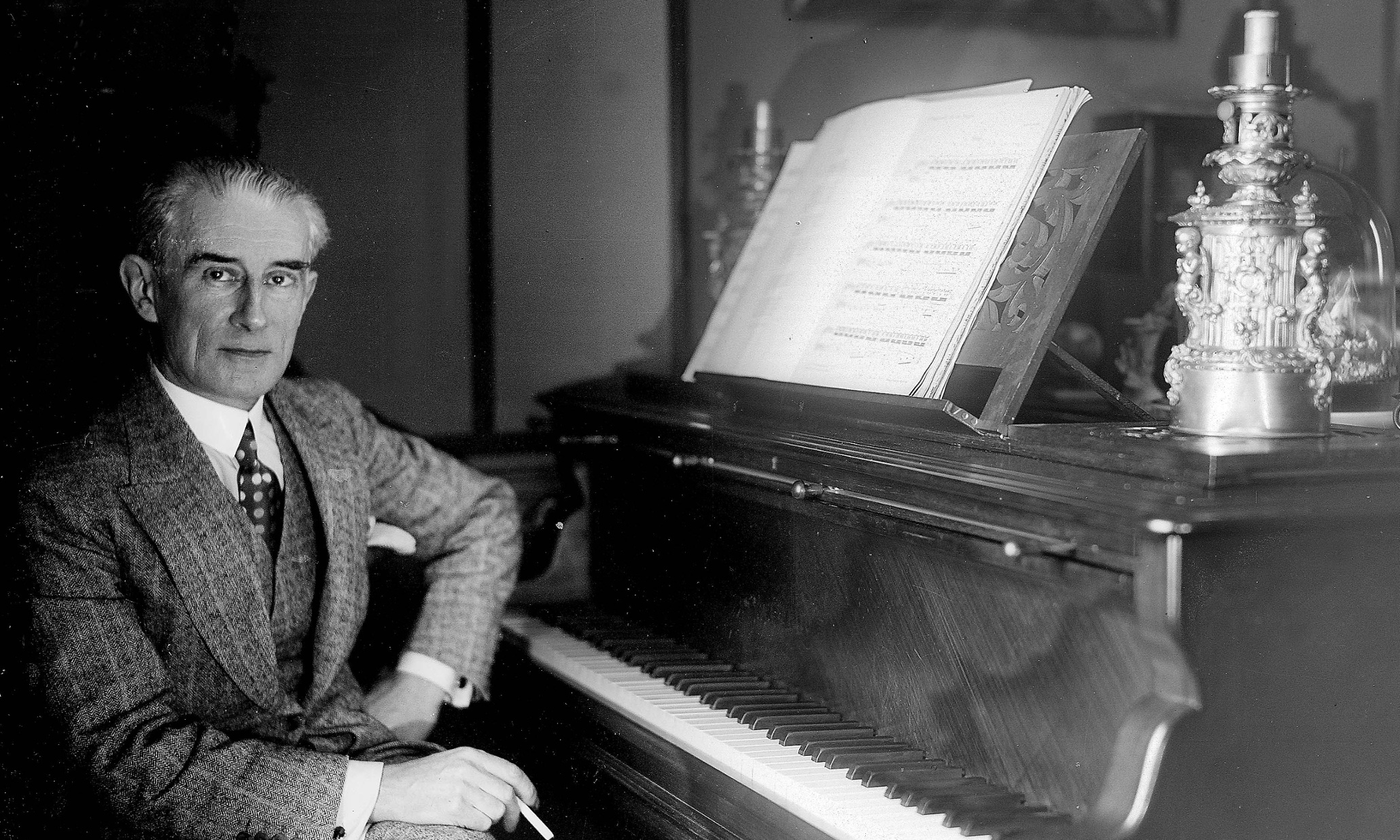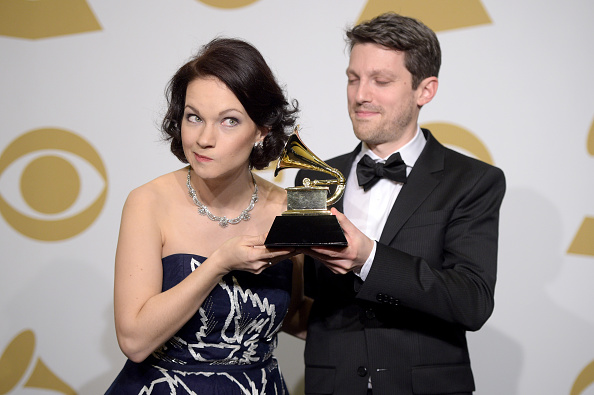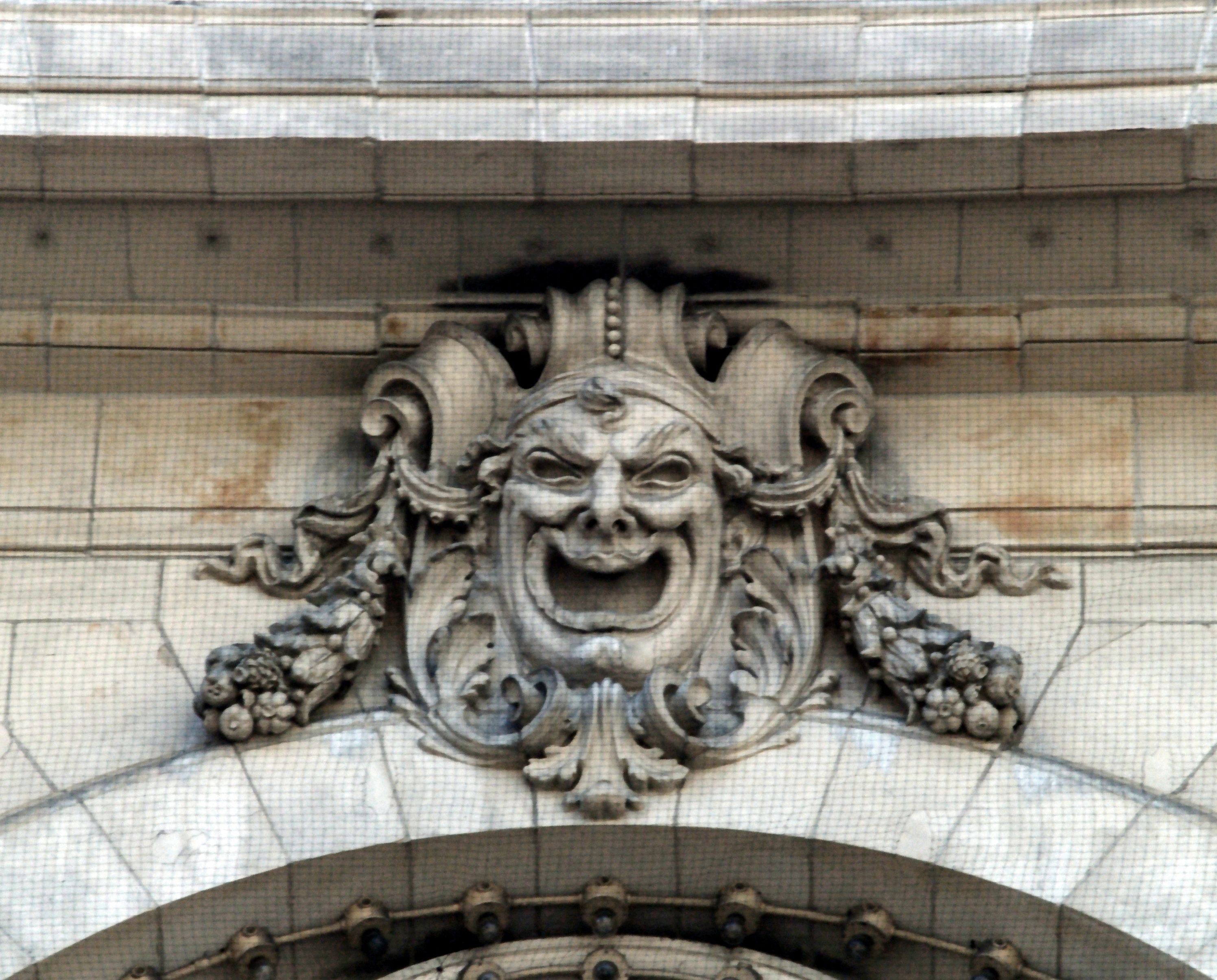Happy Birthday, Yo-Yo Ma
The Listeners’ Club wishes Yo-Yo Ma, who turns 60 today, a happy birthday. Ma is one of a handful of front-rank musicians who can be described as a cultural ambassador. Over the years, he has been at home, not only at Carnegie Hall but also on Sesame Street (watch “The Jam Session,” “The Honker Quartet,” and “Elmo’s Fiddle Lesson”), Mister Rogers’ Neighborhood, and at a presidential inauguration. At the age of seven he performed for President John F. Kennedy. …




